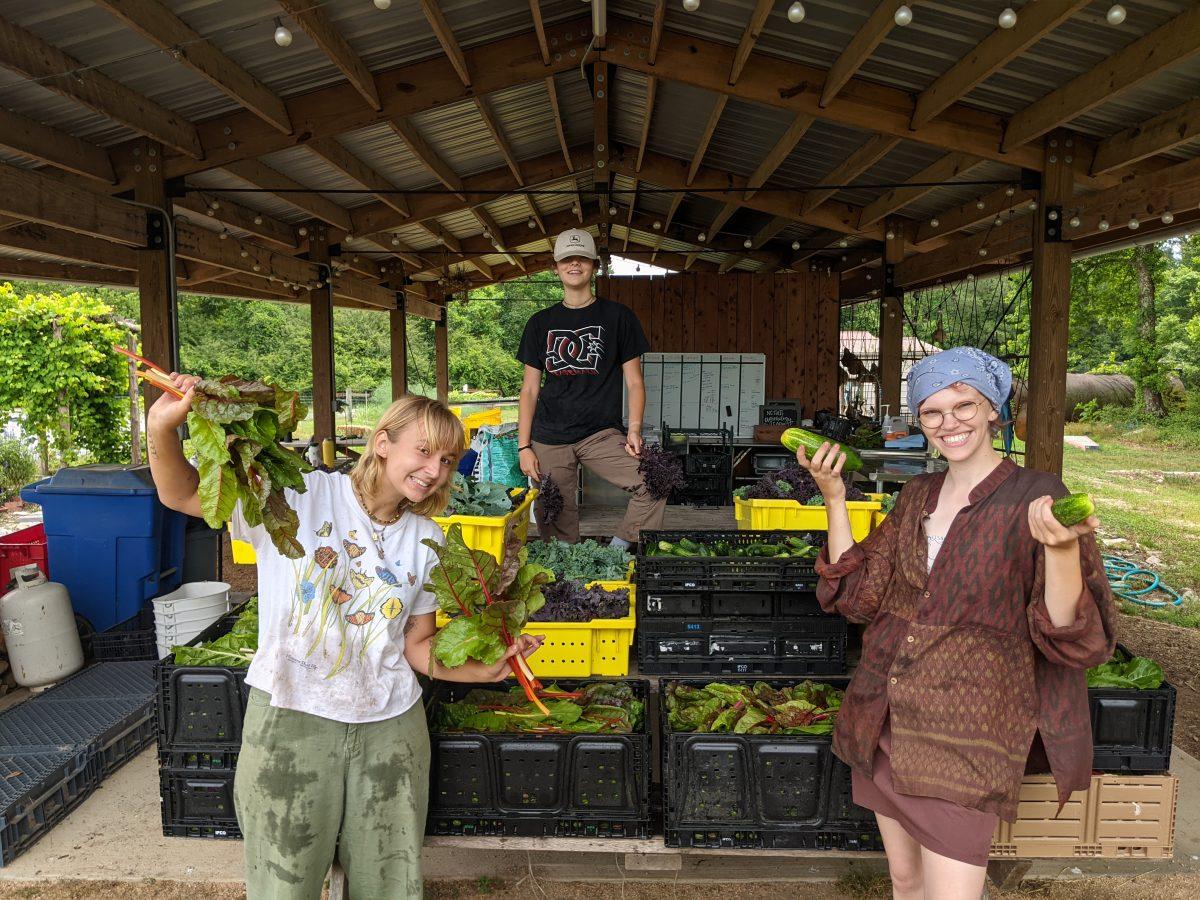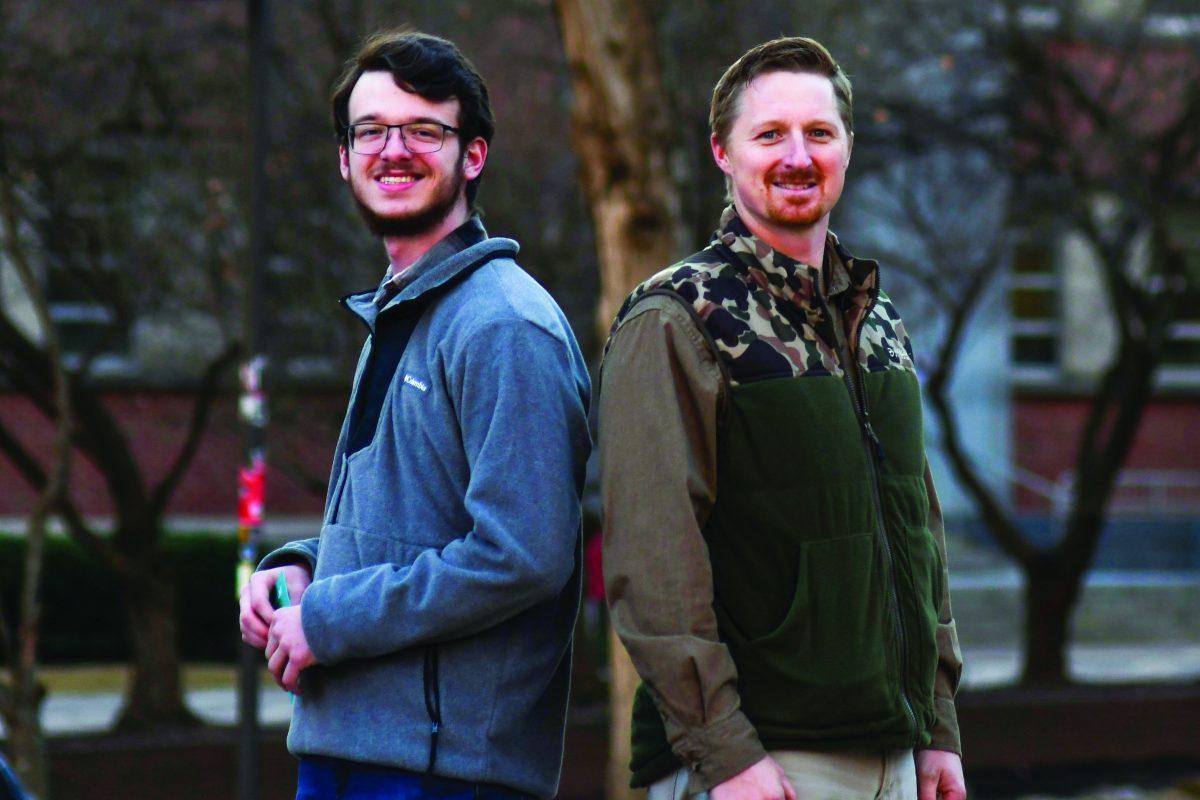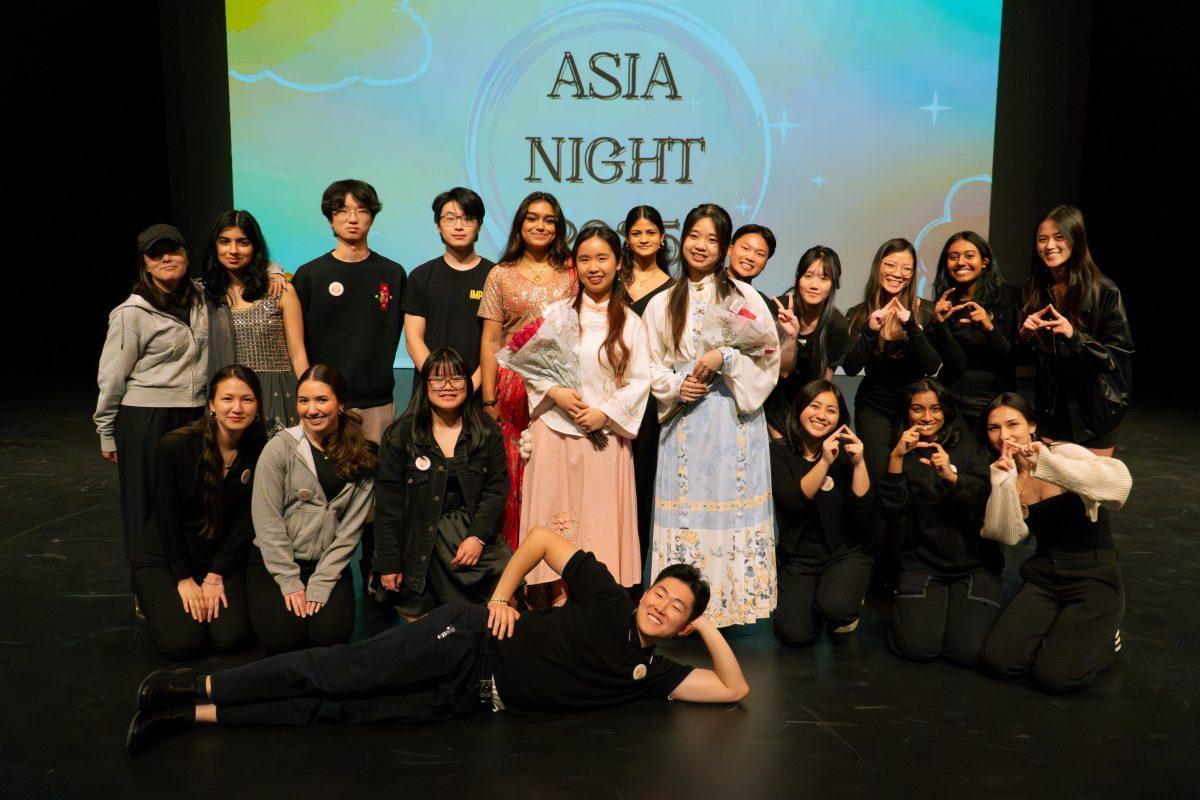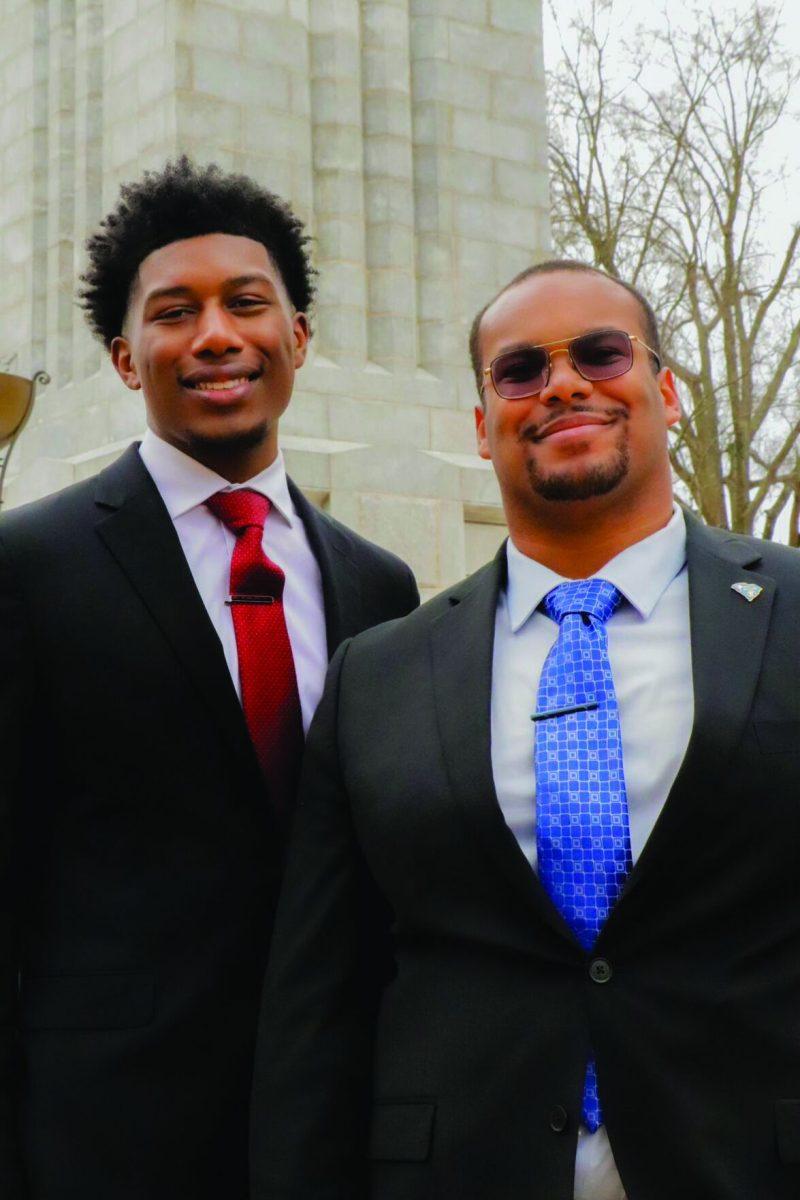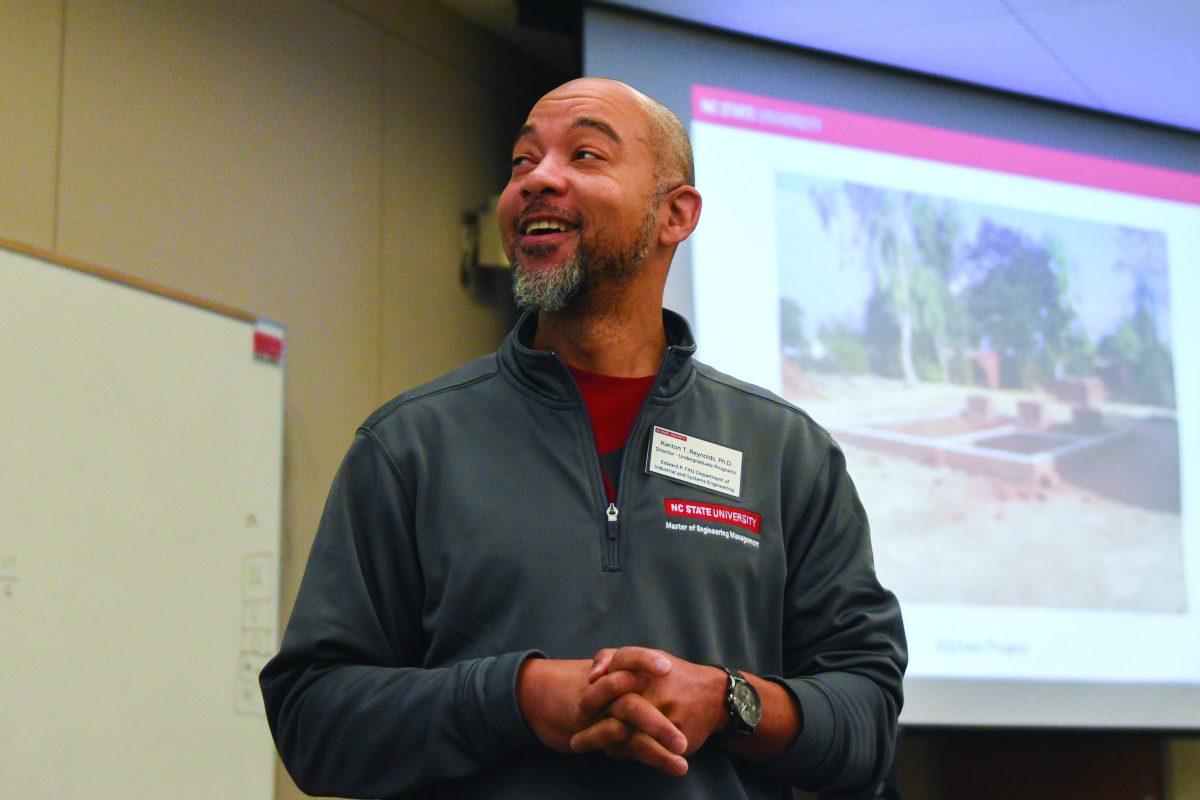In fall 2020, three of the officers in NC State’s Agroecology Club were new to their positions and had to face the challenges of COVID-19 while adapting to their new roles.
The club took these challenges head on by hosting the Agroecology at Home event, having monthly meetings over Zoom, incorporating local speakers and more.
Ella Williams, a fourth-year studying agroecology & sustainable food systems and plant biology, and new vice president of the Agroecology Club, said the pandemic hit as the club was transitioning from old officers to new ones.
“The transfer was much more difficult because we couldn’t have all of us together,” Williams said. “I don’t think I have been in the same room as all of the officers.”
Juhi Dattani, a fourth-year studying agroecology & sustainable food systems, and the new president of the Agroecology Club, said transitioning the club to being completely virtual came with a lot of questions.
“It was a lot of questions like, what can we do and what can we not do, and so our beginning meetings were just like, ‘what’s everyone’s situation?’ because it was changing so frequently,” Dattani said. “And that was right before the fall semester started, when things were in person and I was questioning if that was even appropriate to do in the first place.”
At the beginning of the COVID-19 pandemic, NC State’s Agroecology Education Farm, where members of the Agroecology Club spend time volunteering and learning about agriculture, completely shut down, leaving members to decide on a new way to keep the club connected.
“Since agroecology is such a hands-on major, and we rely on the [Agroecology Education Farm] a lot for educational purposes, it was definitely a challenge to have meetings and be interactive without that,” Williams said.
Dattani said she and the other officers of the Agroecology Club met with Agroecology Education Farm Manager Alison Reeves and Agroecology Farm Director Dr. Michelle Schroeder-Moreno to come up with a way to bring the farm to people’s homes.
“We had so many seeds here we’re not going to use or we would like to give to people,” Dattani said. “So we basically sent a package of seeds to anyone who was interested. Either they could pick them up or get them by mail.”
The Agroecology Farm at Home event became the biggest program the club had during the pandemic.
Soon after the event, the club had a virtual meeting with Reeves and the Agroecology Education Farm Assistant Manager Daniel Holloman to answer questions and update club members on farm happenings.
“Even though the bandwidth wasn’t great, it still gave more of a vulnerable and more intimate talking point because, despite the technical issues and not completely clear video footage, it was like ‘I’m still talking with the people at the farm, I’m still learning, I kind of feel like I’m there,’” Dattani said.
Zach Allen, a fourth-year studying agroecology & sustainable food systems, and the new treasurer of the Agroecology Club, said the hardest part of getting through the pandemic for the club was getting people involved.
“We only had [the virtual meetings] once a month, so people forget or they’d get busy and, for me personally, the reason I join clubs is because of the social interaction and, though you get some of that on Zoom, it’s not the same,” Allen said.
Allen said the virtual monthly meetings were less about activities and more about staying connected. As the school year went on, the club began including guest speakers in their agenda as well as reaching out to organizations in the community to partner with.
“As far as the meetings go, I’d say there were a lot less activities,” Allen said. “They were definitely more laid-back and interactive. We were just trying to have a space where people could come and relax and still talk about agroecology.”
While the Agroecology Club is set to host in-person events in the coming year, Dattani said that the club may keep some activities online.
“We were thinking about having more virtual spaces and having some sort of hybrid where we do have in-person things, but also understanding that not everyone can come in person and that there have been really great benefits for people that have different work schedules and can’t come to campus in the evening times,” Dattani said.
For the summer, the club members decided to take a break from formal meetings and regroup after a hard year.
“Because there was a lot of feeling burnt out from the [spring] semester and, I think that’s how I felt, I wanted to give that space to other people,” Dattani said.
The Agroecology Education Farm also took a break, but Holloman said the farm is getting back to normal this summer.
“We’re growing as much food as we would in a normal summer and we’re delivering to [campus] dining,” Holloman said. “In terms of summer workers, we were given access to quite a few student workers.”
Allen and Dattani are both excited to get back to the Agroecology Education Farm in the fall.
“I’m excited to learn more from having workdays at the farm,” Dattani said. “They’re so powerful because, not only are you connecting back to nature, but you’re also getting to talk to the people around you and hearing what they’re like, where they’re from, and how they’re connected with farming or food.”
The farm is still unable to do in-person events or volunteer days currently, but members hope to be able to soon.
“I’m excited for the [fall] semester to start up again,” Holloman said. “I’m excited to have more of the community engaged with our food and the possibility of having the community back out here again too.”


